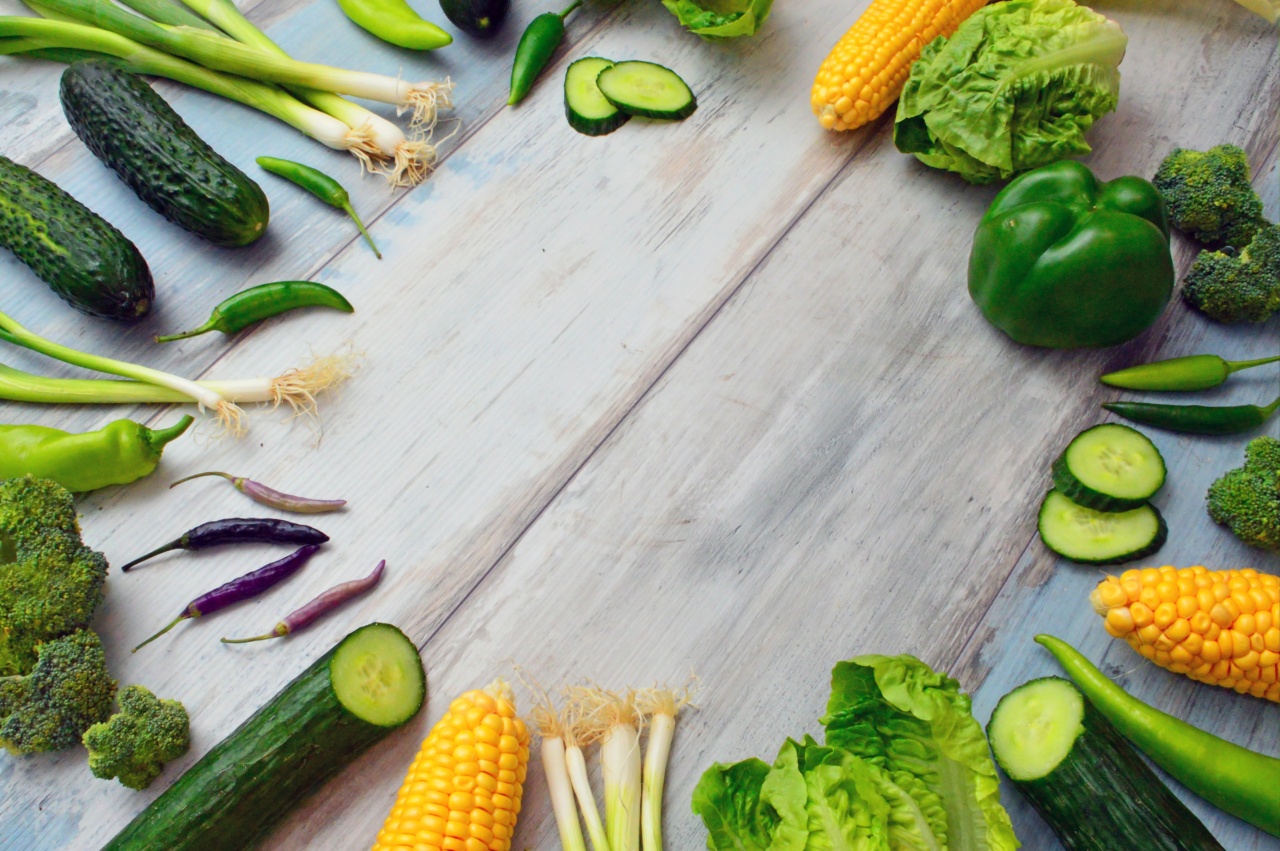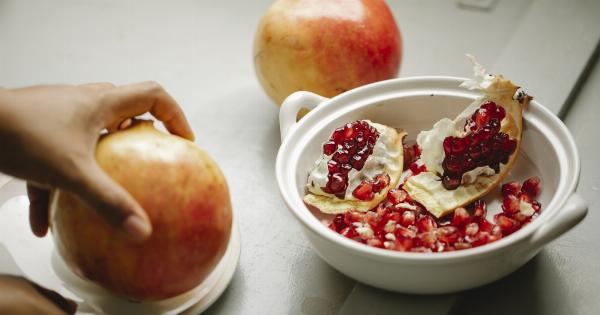Belly bloating, that uncomfortable feeling of fullness and distension in the abdominal area, is an all too common phenomenon that many people experience.
While various factors contribute to bloating, such as gastrointestinal issues, food intolerances, and certain medical conditions, the types of food we consume play a significant role in causing this discomfort.
One category of food that tends to trigger bloating is produce.
Yes, you read that correctly – even fruits and vegetables can bloat your belly! In this comprehensive guide, we will uncover the top 10 belly-bloating produce that you should be mindful of and offer alternatives that can help alleviate your discomfort.
1. Apples
Apples, a popular fruit known for their high fiber content and numerous health benefits, may actually contribute to bloating. This is primarily due to their fructose content, which can be difficult for some people to digest.
Additionally, apples contain a type of fiber called pectin, which can cause gas production in the intestines.
2. Cruciferous Vegetables
Cruciferous vegetables like broccoli, cauliflower, Brussels sprouts, and cabbage are notorious for causing bloating. They contain a type of carbohydrate called raffinose that humans cannot digest on their own.
When this undigested carbohydrate reaches the large intestine, it ferments and produces gas, leading to bloating and discomfort.
3. Onions
Onions, a staple in many culinary dishes, are known for their pungent flavor and ability to enhance the taste of various dishes. However, they also contain fructans, a type of carbohydrate that can cause bloating and gas in certain individuals.
Cooking onions thoroughly may help reduce their bloating properties.
4. Watermelon
Watermelon, a refreshing summer fruit loved by many, can also contribute to belly bloating. Despite its high water content, watermelon contains a significant amount of fructose.
Consuming large quantities of fructose, especially for those with fructose intolerance, can lead to bloating and other digestive issues.
5. Beans and Legumes
Beans and legumes are notorious for causing bloating due to their high fiber and complex carbohydrate content.
These carbohydrates pass through the small intestine undigested and reach the large intestine, where bacteria ferment them, producing gas as a byproduct. To minimize bloating, soaking and cooking beans thoroughly can help remove some of the gas-causing compounds.
6. Stone Fruits
Stone fruits like peaches, plums, and cherries are delicious and packed with essential nutrients. However, these fruits contain sugar alcohols called sorbitol and mannitol, which can be difficult to digest for some individuals.
This can lead to bloating, gas, and even diarrhea. Consuming these fruits in moderation may help prevent bloating.
7. Asparagus
Asparagus, a versatile vegetable used in a variety of dishes, may contribute to bloating for some individuals. Like cruciferous vegetables, asparagus contains the carbohydrate raffinose, which can cause gas and bloating.
Cooking asparagus thoroughly or opting for canned asparagus can help reduce their bloating effects.
8. Avocado
Avocado, a popular ingredient in salads, sandwiches, and dips, is not typically associated with bloating. However, for individuals with certain digestive conditions like irritable bowel syndrome (IBS), avocados can trigger bloating symptoms.
This is mainly due to their high FODMAP (fermentable oligosaccharides, disaccharides, monosaccharides, and polyols) content.
9. Garlic
Garlic, a common seasoning used to enhance the flavor of various dishes, can be a major bloating trigger for some individuals. It contains fructans, a type of carbohydrate that is known to cause bloating and digestive discomfort.
Minimizing garlic consumption or using garlic-infused oils instead may help alleviate bloating symptoms.
10. Corn
Corn, a versatile grain enjoyed in various forms, including popcorn and cornbread, can contribute to belly bloating. Corn contains a type of carbohydrate called cellulose, which is difficult for humans to digest.
This can lead to excess gas production and bloating. Moderating corn intake may help manage bloating symptoms.
While the aforementioned produce tends to be more commonly associated with bloating, it’s essential to remember that individual tolerances and sensitivities can vary.
Experimenting with your diet and keeping a food diary can help identify any specific triggers that may be contributing to your bloating symptoms.
In conclusion, while fruits and vegetables are generally considered healthy, there are certain types that can contribute to belly bloating.
Understanding their effects on your digestive system and making necessary dietary adjustments can help alleviate discomfort and promote better digestion.

























